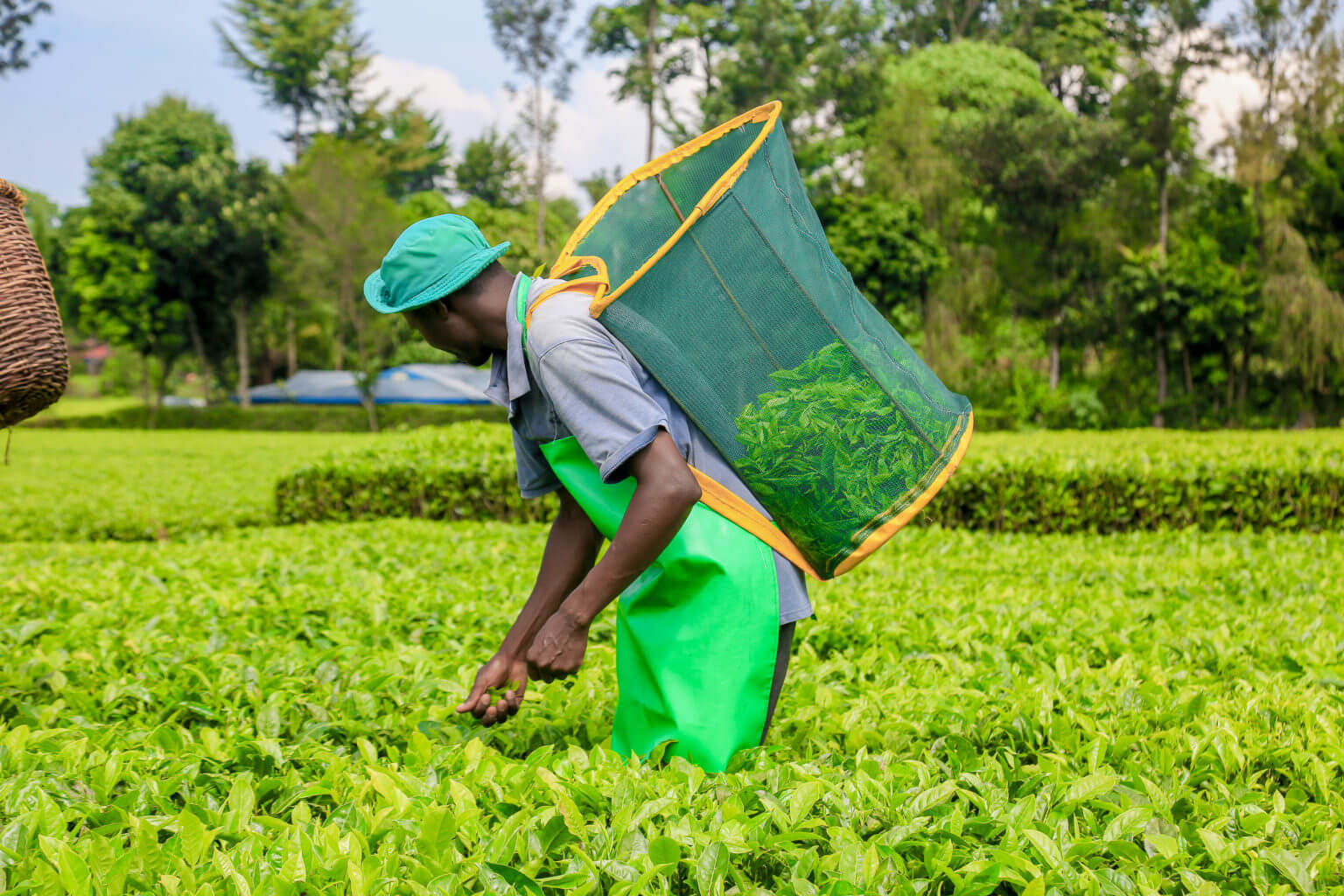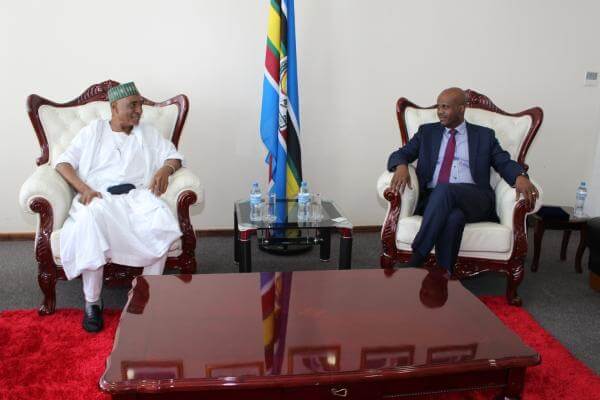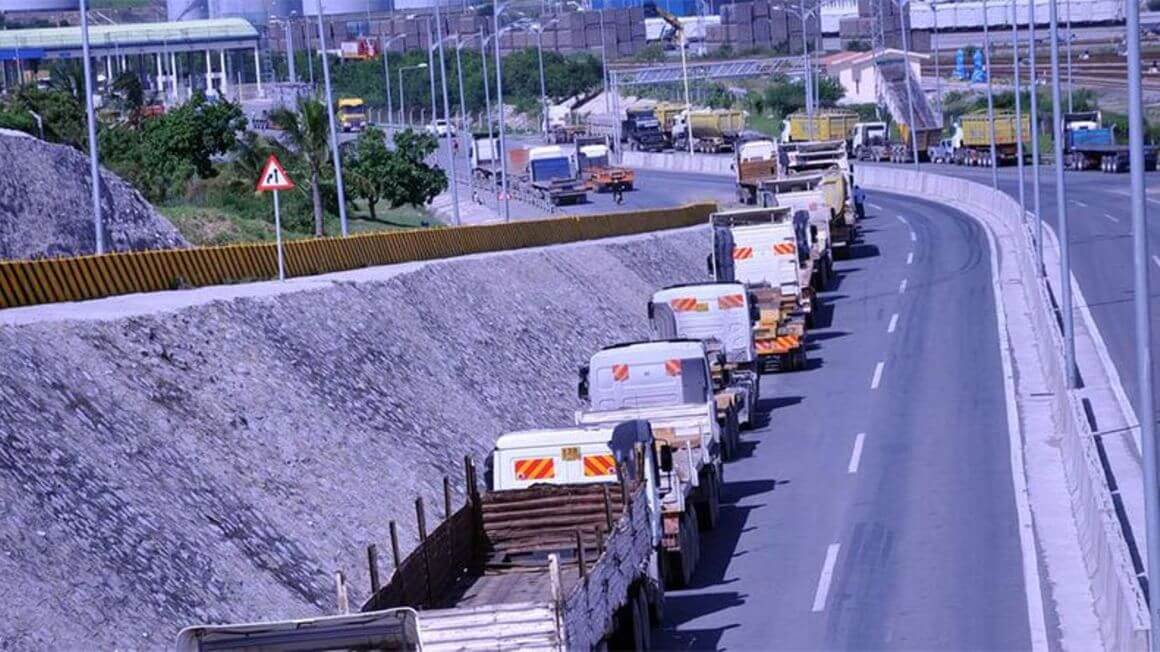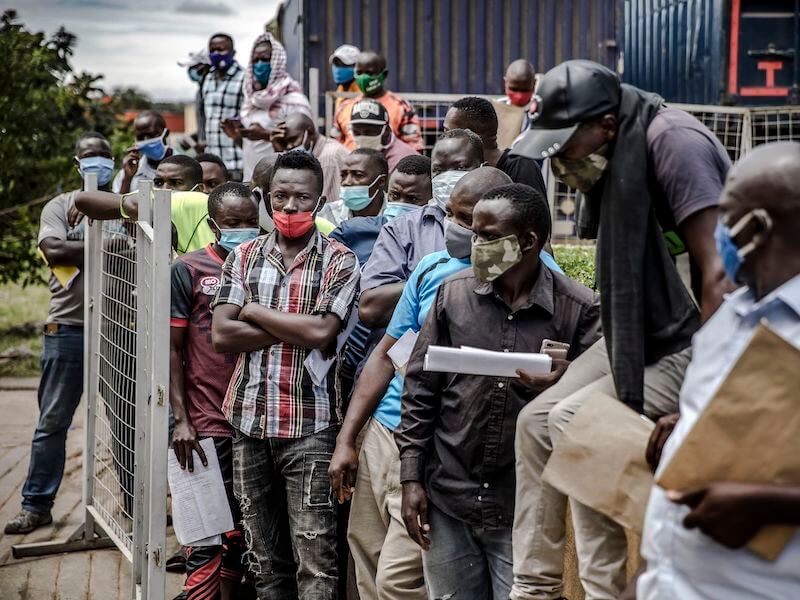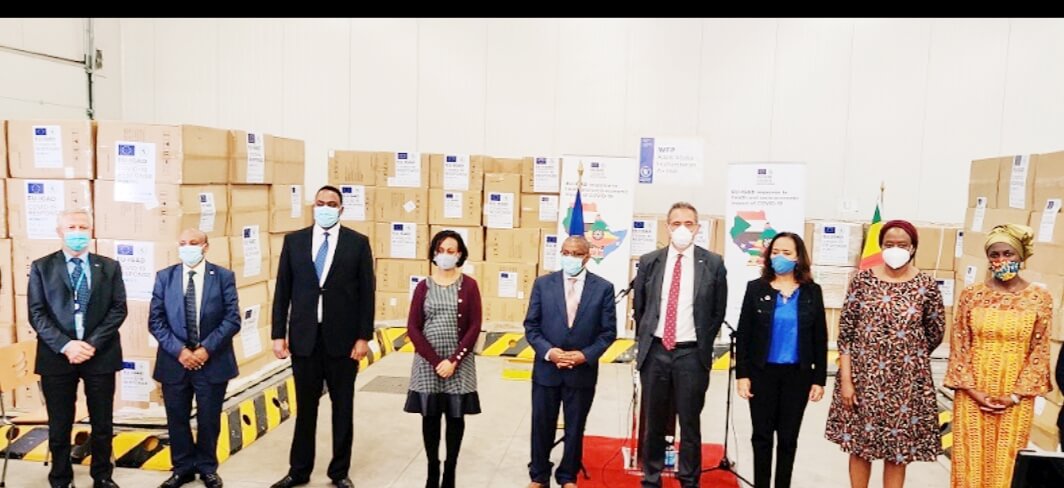SUMMARY Women stand to gain up to 2.5 percent more in real income with removal of trade barriers, a new World Bank report has shown. The joint report by the World Bank Group and the World Trade Organisation has revealed that trade openness can increase women income and welfare by easing business activities and reducing the amount spent on specific goods such as food, clothing and childcare items that are highly demanded by women. The report, Women and Trade: The Role of Trade in Promoting Women’s Equality, cites that higher tax burden is the result of many applied duties and higher spending on imported goods by women consumers. Women stand to gain up to 2.5 percent more in real income with removal of trade barriers, a new World Bank report has shown. The joint report by the World Bank Group and the World Trade Organisation has revealed that trade openness can increase women income and welfare by easing business activities and reducing the amount spent on specific goods such as food, clothing and childcare items that are highly demanded by women. The report, Women and Trade: The Role of Trade in Promoting Women’s Equality, cites that higher tax burden is the result of many applied duties and higher spending on imported goods by women consumers. In a sample conducted in 54 developing economies, the current tariff structure in 78 percent of countries benefit male- headed households. Even though Kenya surpassed most economies, higher tariffs which translate to a lower share...
How removal of trade barriers benefits women
Posted on: September 21, 2020
Posted on: September 21, 2020

